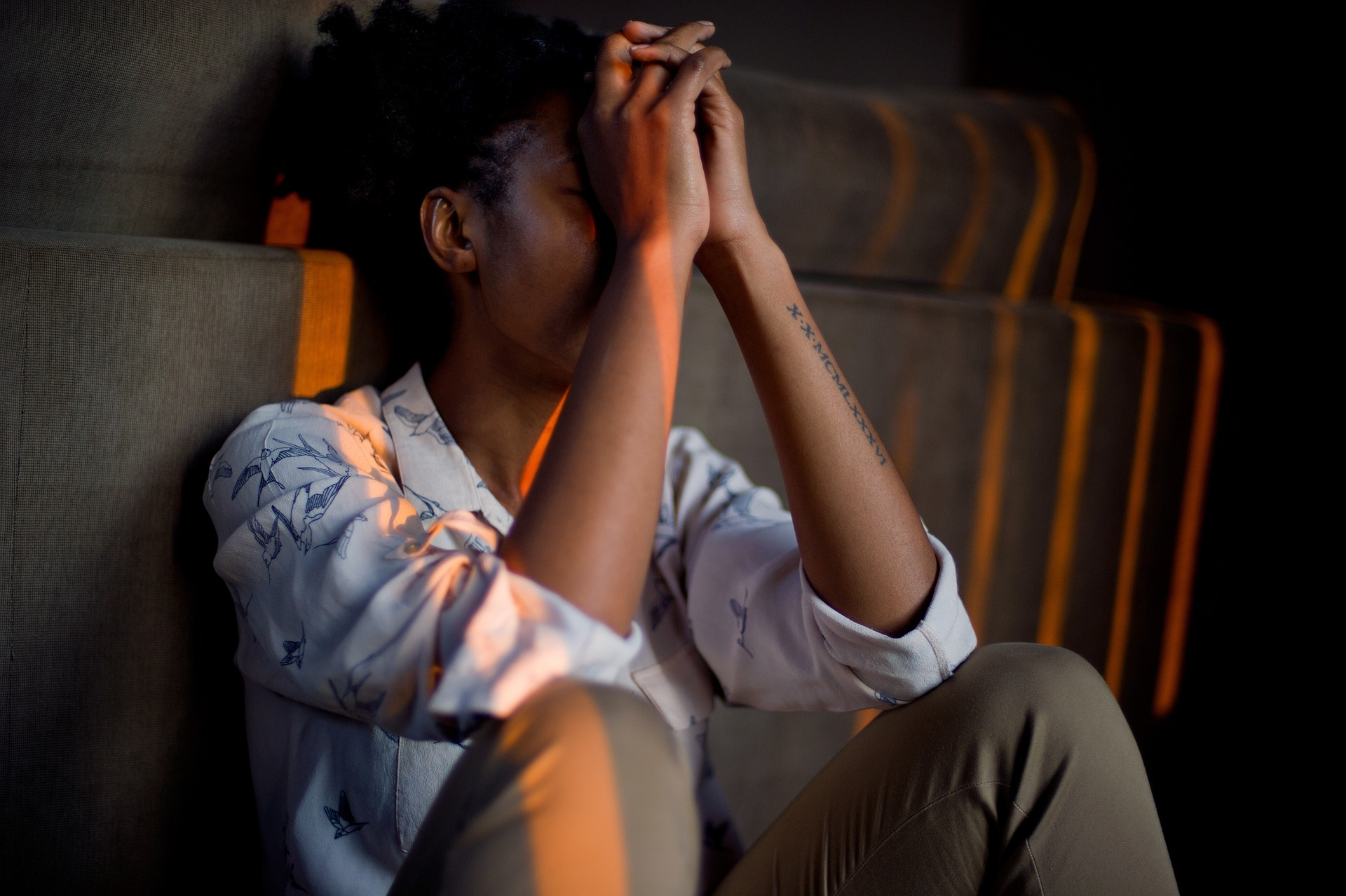Introduction
Mental health in Nigeria is finally gaining its spotlight. We now have more online therapists, more mental health discussions on social media, and even celebrities speaking out about their problems. But we’re still not where we should be.
This is because far too many Nigerians are still holding onto mental health myths. These myths stigmatize, delay healing, and keep so many suffering in silence.
So let’s dispel 5 of the most common myths Nigerians believe about mental health—and why it’s time to let them go.
Mental Health Myth 1: “Depression is laziness.”
If you’ve ever felt like your body was made of stone, your energy was gone, and it took punishment just to get out of bed, chances are, you’re not lazy. You might need therapy.
Depression is not a matter of moral failing. It’s not a matter of someone being able to “snap out of it” with willpower or prayer. It’s a complex disorder that affects mood, concentration, sleep, appetite, and how you feel about life in general.
But in too many Nigerian families, a young person who can’t get through the day due to mental health struggles is told, “You’re just lazy” or “Go and wash plates, you’ll be fine.
This mental health myth closes down real pain. People start questioning themselves, feeling guilty for not doing good enough. Instead of receiving support, they withdraw and suffer in silence.
Mental Health Myth 2: “Mental Disorder is a spiritual attack.”
We all agree that Nigeria is a highly spiritual country. But let’s be real, not everything is from the village.
Mental disorders can have medical causes like genetics, trauma, or chemical imbalances. Anxiety isn’t always caused by “spiritual husbands.” And hallucinations aren’t always a sign that one is “possessed.”
That doesn’t mean that you abandon your faith. It only asks that we stop using spirituality as the only lens through which we approach mental struggles.
Unless we stop considering mental illness as entirely a spiritual matter, people will still rush to prayer houses rather than mental health professionals—and their condition may worsen with time.
Therapy and religion can go hand-in-hand.
Mental Health Myth 3: “Therapy is for white people or rich people.”
This one! The “therapy is not for us” myth.
Many Nigerians think therapy is something only “white people” or wealthy elites do. But therapy is not luxury—it’s wellness.
You don’t have to be rich to want clarity, healing, or peace of mind. And thanks to Blueroomcare, therapy is more available and affordable than ever before. You can speak with a qualified therapist in Nigeria from your phone.
Mental healthcare should be as normal as going to see a doctor for malaria. Therapy is useful for anxiety, trauma, grief, burnout, and even relationship issues.
Let’s stop acting as if healing is foreign.
Mental Health Myth 4: “Real men don’t talk about their feelings.”
This myth is not just false—it’s dangerous.
From childhood, many Nigerian boys are taught to be “tough,” “strong,” and to “man up.” Crying? That’s for females. Talking about your feelings? That’s a weakness.
But here’s the truth: men have feelings too. And when they bottle everything up inside, it comes out as anger, withdrawal, depression, or even substance abuse.
This mental health myth is to a great extent accountable for the reason numerous Nigerian men endure in silence. Mental health awareness for men is not a luxury but a lifeline.
Encouraging emotional expression does not make a man less of a man. Being self-aware is actually a superpower.
Mental Health Myth 5: “Once you have a mental disorder, your life can never remain the same.”
No, it is false.
Having anxiety, bipolar disorder, PTSD, or any other mental disorder does not end your life. You can live a full, rich, meaningful life—with the proper support.
People who struggle mentally can work, love, dream, build businesses, write books, have children, and revolutionize the world. It’s not over, it’s simply a different path.
Believing this mental health myth keeps people back. It results in hopelessness and makes people hide. We have to normalize healing and remind one another that recovery is always possible.
Unlearning is Healing
Here’s the thing: Mental health awareness is growing in Nigeria, but it can’t truly thrive until we tackle these everyday myths.
When you call out a toxic belief, share a fact, or encourage someone to seek help, you’re doing culture change.
We’re here to empower you to do just that at Blueroomcare. Our licensed therapists understand your story, your problems, and your context.
You deserve help if you’re struggling with anxiety, burnout, or emotional wounds from your childhood.
Book a session today and start your healing journey—one myth-free step at a time.
